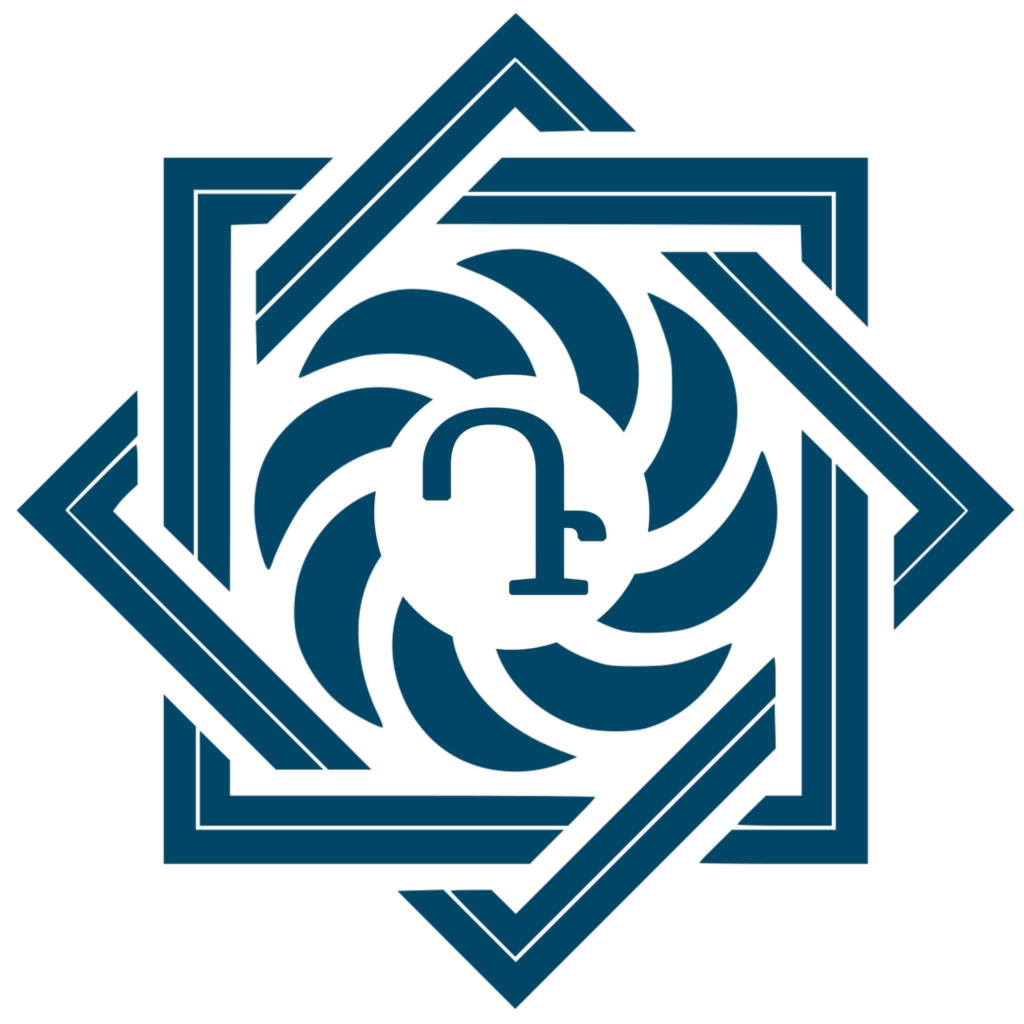
The Armenian Art Library page provides an extensive list of books on Armenian history, culture, and art. Key authors include Karen Matevosyan, known for works on Ani’s noble history and Armenian manuscripts, and Tigran Mkrtchyan, who focuses on Armenian architectural heritage. These publications cover historical monuments, medieval Armenian art, and religious manuscripts, serving as valuable resources for understanding Armenian heritage.

This blog covers key moments in photography history, exploring themes like cultural impact, perception, and the evolving meaning of photography. It references famous works and theories, including Roland Barthes’ influential writings on the “punctum” and “studium” of photographs. This content is ideal for readers interested in how photography captures reality and personal memory, merging technical elements with deep philosophical reflection.

The webpage lists over 300 scientific, historical and cultural books in Armenian covering topics like Armenian history, national identity, ancient civilizations, linguistics, medical science, computer science, economics, etc. This collection focuses on the Armenian Highlands, the country’s struggles, and its rich cultural heritage, providing resources for both historical insight and modern nationalist perspectives.

Father Manuel Kajuni, a Venetian Mekhitarist, was an encyclopedic scholar with expertise in Armenian studies, mathematics, physics, chemistry, agriculture, and art. He authored textbooks in various scientific fields and a comprehensive French-Armenian art dictionary. His works are significant for the abundance of Armenian scientific terminology, making them valuable even today. Notable works include:
“Ancient History of Armenia,” Venice, 1855
“Geography of Ancient and Modern Armenia,”...

The list contains publications related to various aspects of propaganda, governance, economics, education, and technology in Armenia and other countries. Topics include democratization of e-governance, analysis of intellectual capital, economic policies, global financial crises, and innovations in management and early diagnosis of pre-crisis situations. Key areas of focus are the impact of bureaucracy on national security, the role of intellectual capital in economic competitiveness, and the quality...

USUM.am is an educational information website aimed at providing necessary information for students, teachers, and educational centers. It offers resources like lectures, theses, and e-books, primarily in Armenian. The e-books library contains around 1,800 resources on phylosophy (including books authored by Garegin Nzhdeh), logic, linguistics, math, physics, healthcare, psychology, law, etc. as well as on Armenian literature (Avetiq Isahakyan, Aksel Bakunts, Petros Duryan, Yeghishe Charents, Hovhannes...

The Armenian-language “Resources Repository” is a sub-site of the “Armenian Educational Environment” portal, aimed at advancing ICT in education. It enriches electronic content and creates a unified educational resources area. The site offers educational and methodological resources, categorized by field and level, for teachers, students, and education specialists. Managed by the ICT Content and Training Department of the National Center of Educational Technologies, it supports...

The library of Armenian Agrarian University covers such fields of study like veterinary medicine, animal husbandry, dictionaries, medical and natural sciences, agriculture, literary studies, linguistics, biological and social sciences, food production, industries, technical sciences, and economics. The website also includes links to AGRIS for agricultural science, administrative portals, marketing libraries, business books, economic theory, and directories for open access books and journals. It also...

Website of the Institute for Armenological Studies under Yerevan State University. Contains multiple reputable sources on various topics related to Armenian culture, literature and history, particularly introducing topics related to the Armenian Genocide, Artsakh, Armenian language, etc.

The Library of the Yerevan State University includes more than 4,000 books on biology, chemistry, physics, geography, history, math, as well as on social sciences, such as economics and finance, law, history, arts, philosophy, etc. The library also contains topоlogical, terminological, interpretive root dictionaries.
No posts found
